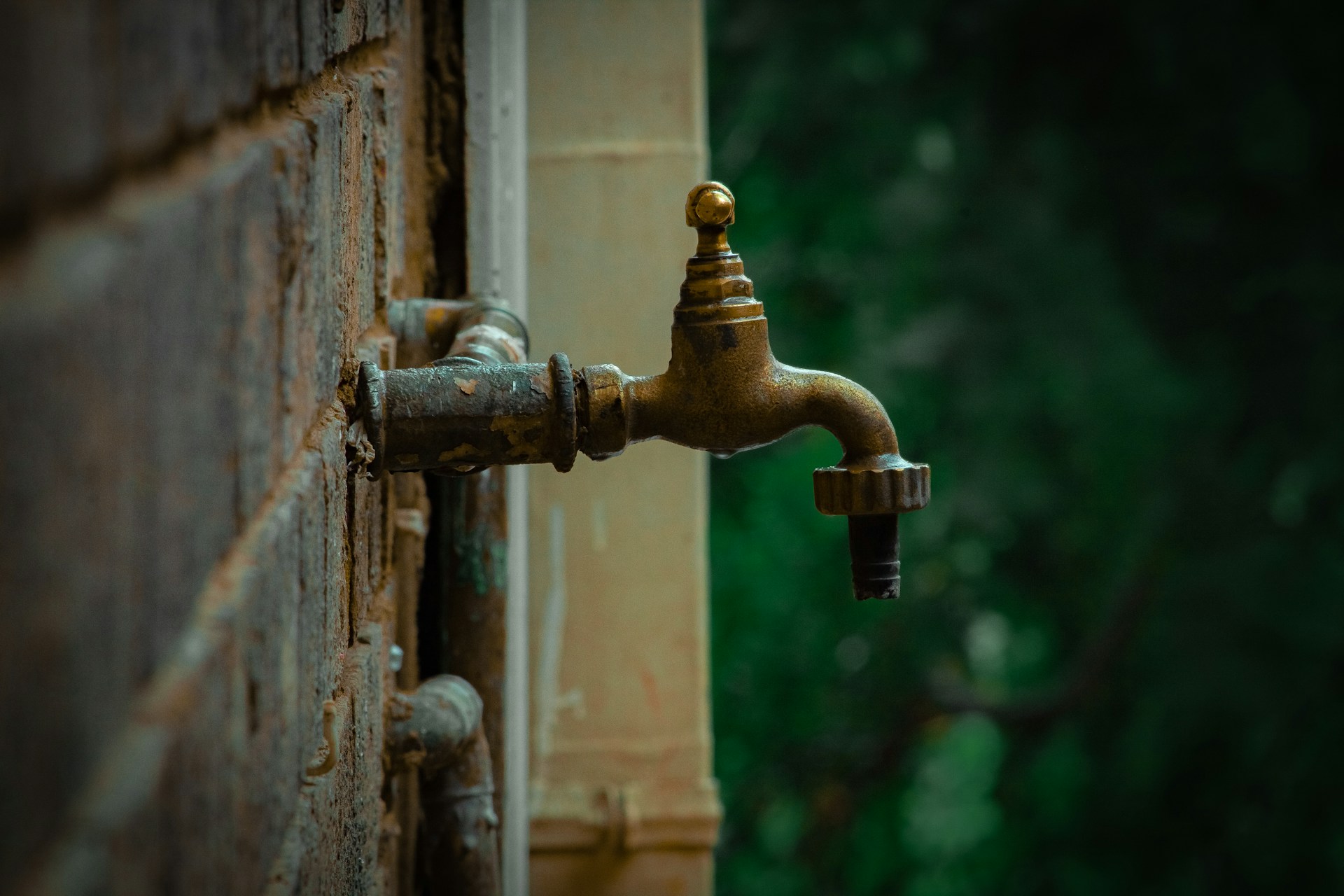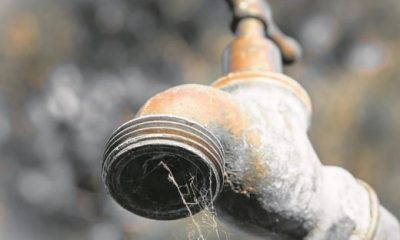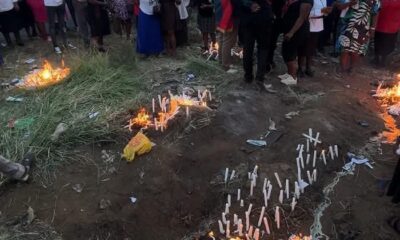News
Tshwane Mayor Urges Calm As Typhoid Fever Cases Rise

Tshwane’s acting executive mayor, Eugene Modise, has moved to calm residents’ concerns after a reported increase in typhoid fever cases, assuring the public that the city’s water remains safe to drink and there is no cause for panic.
City Says There’s No Crisis
Modise confirmed that 48 laboratory-confirmed typhoid cases have been recorded since January, mostly in Hammanskraal and Bronkhorstspruit. While that’s a slight increase from last year’s 35 cases, he described it as a “seasonal trend” rather than a crisis.
He added that the city’s water continues to meet the South African National Standard (SANS 241) for drinking water quality, and that no Salmonella typhithe bacteria responsible for typhoid feverhas been detected in municipal or tanker-supplied water.
“Spreading false or misleading information risks causing unnecessary panic and undermines the efforts of health professionals working to protect communities,” Modise said, urging residents to rely on official updates.
Political Debate Over City’s Response
The Democratic Alliance (DA) has raised concerns over what it called a lack of transparency from the city’s leadership. DA mayoral candidate Cilliers Brink criticised Mayor Nasiphi Moya’s “silence” on the issue, saying it eroded public trust.
While acknowledging the city’s assurance that no typhoid bacteria were found in water samples, Brink called for independent verification of the data and expressed unease about the city’s reliance on water tankers in some areas.
“We do not want to cause unnecessary alarm, but it is essential that the city and its leadership are prepared for different scenarios, especially in light of the 2023 cholera outbreak,” Brink said.
National And Provincial Authorities Step In
In response to the growing concern, a joint meeting was held on November 3 between the City of Tshwane, the Department of Water and Sanitation, and the Gauteng Provincial Government. The department commended the city’s swift action and confirmed that preliminary reports show water is not the source of infection.
Department spokesperson Wisane Mavasa said the incidents are especially concerning because they come from communities still recovering from last year’s cholera outbreak. “Both cholera and typhoid can be spread either through consuming contaminated water or poor food handling and hygiene,” she explained.
Community Caution And Hygiene Advice
The city has encouraged residents to take precautions such as washing hands frequently with soap and clean water, storing drinking water safely, and avoiding untreated sources like rivers and boreholes.
Municipal spokesperson Lindela Mashigo said ongoing testing has yet to find an epidemiological link between the reported cases and local water supplies. “Investigations and interventions will continue until the root cause of the disease has been established,” he said.
Public Reaction
Social media responses have been mixed, with some residents expressing relief over the city’s transparency, while others remain wary after the 2023 cholera crisis. Health experts and civil society groups have called for consistent communication and independent monitoring to maintain public trust.
For now, Tshwane officials maintain that the situation is under controlbut the city’s residents are watching closely, remembering that vigilance, not panic, is what keeps communities safe.
{Source:IOL}
Follow Joburg ETC on Facebook, Twitter , TikTok and Instagram
For more News in Johannesburg, visit joburgetc.com



























